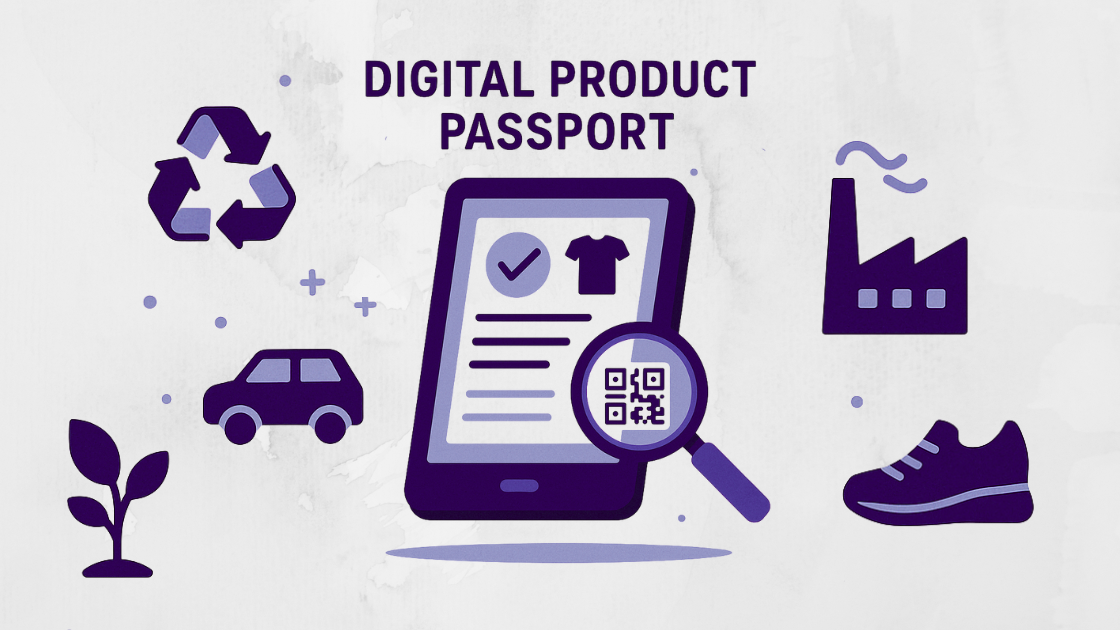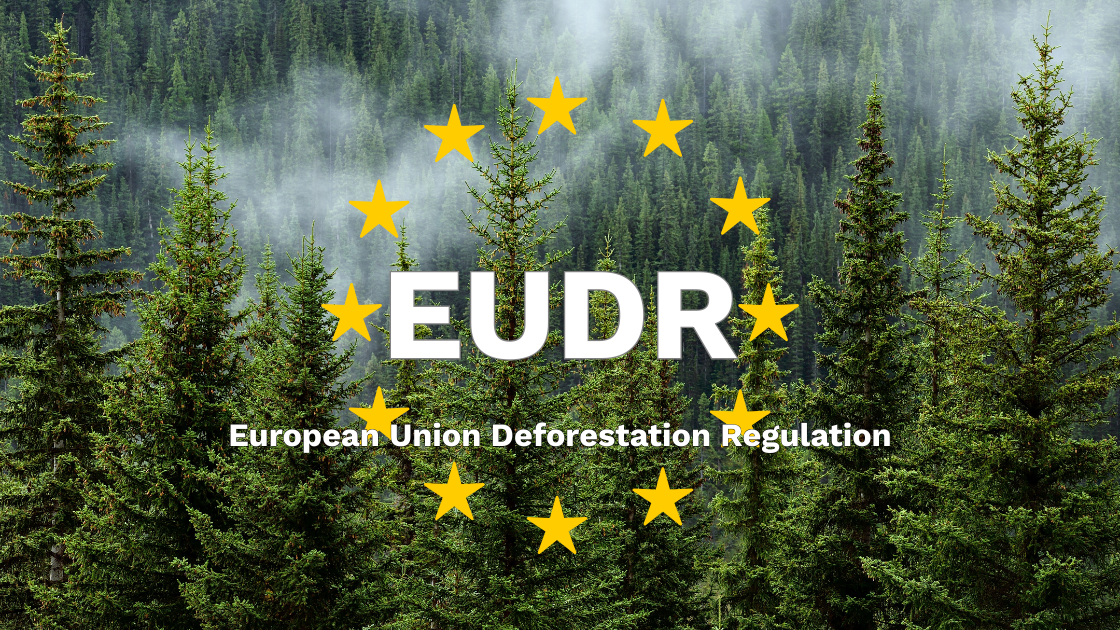Transparency with carbon credits: why you should think carefully before you offset
Did you know that the global market for carbon credits was worth more than $2 billion in 2021? Despite this impressive figure, recent revelations have raised questions about the reliability of this market. In this article, we delve deeper into this issue.

What are Carbon Credits and Why Are They So Important?
Carbon credits are certificates indicating that a certain amount of CO2 emissions has been reduced or offset. They act as a form of currency in the world of sustainability. For example, a wind farm can generate credits by producing renewable energy that would otherwise come from fossil fuels. These credits can then be purchased by companies to offset their own CO2 emissions.
How Are They Generated?
Carbon credits can be generated in various ways. The bottom line is that there must be an activity that does not emit CO2 that would otherwise have been emitted or that will take CO2 out of the atmosphere and store it. This can range from renewable energy projects like solar and wind power to forest conservation and reforestation projects. The key is that these projects genuinely contribute to reducing or capturing CO2 emissions.
The Dark Side of Carbon Credits
Not all credits are what they seem. Recent revelations have shown that some projects, such as the Kariba forest conservation project in Zimbabwe, have made misleading claims about their impact. This can lead to what is known as 'greenwashing,' where a company's sustainability efforts are exaggerated or falsified. Carbon credits are a good idea on paper, but like any financial instrument, they come with risks.
The Role of Intermediaries
One of the biggest concerns is the role of intermediaries or 'middlemen' in the market. At present, up to 85% of money intended for sustainability projects ends up with intermediaries, consuming a significant portion of the funds. The result? Less money reaches the projects that actually make a difference in the fight against climate change. This is a serious issue, as it undermines the effectiveness of the entire system.
The Double Issuing of Credits
Another risk is the double issuance of the same carbon credits, meaning the same single credit is sold to multiple parties, thereby jeopardising the integrity of the entire system. It's like selling the same share to multiple investors; the system becomes unreliable, and the value of the credits is eroded.
The Quality of the Credits
Moreover, there have been cases where the purchased credits do not actually contribute to carbon reduction. A recent study showed that more than 90% of rainforest carbon credits are worthless and do not represent real carbon reductions. This raises serious questions about the reliability of carbon credits as a means to tackle climate change.
Why You Should Be Alert
These risks are not only relevant for large corporations and governments; they also have direct implications for small businesses. If you are a business owner investing in carbon credits as part of your sustainability strategy, then you want to be sure that your investment actually contributes to a better environment. The last thing you want is to get involved in a system that is not only ineffective but could also damage your reputation. Therefore, it's crucial that you invest in reliable and verified carbon credits.
Transparency is not an Option but a Requirement
In a world where sustainability is increasingly important, it's crucial that the market for carbon credits is transparent and reliable. It's time to take action, and we at Eevery are ready. We are aware of these challenges and are working on a solution that will improve the reliability of carbon credits. Stay tuned, as we will soon launch an additional tool that will make these problems a thing of the past.



